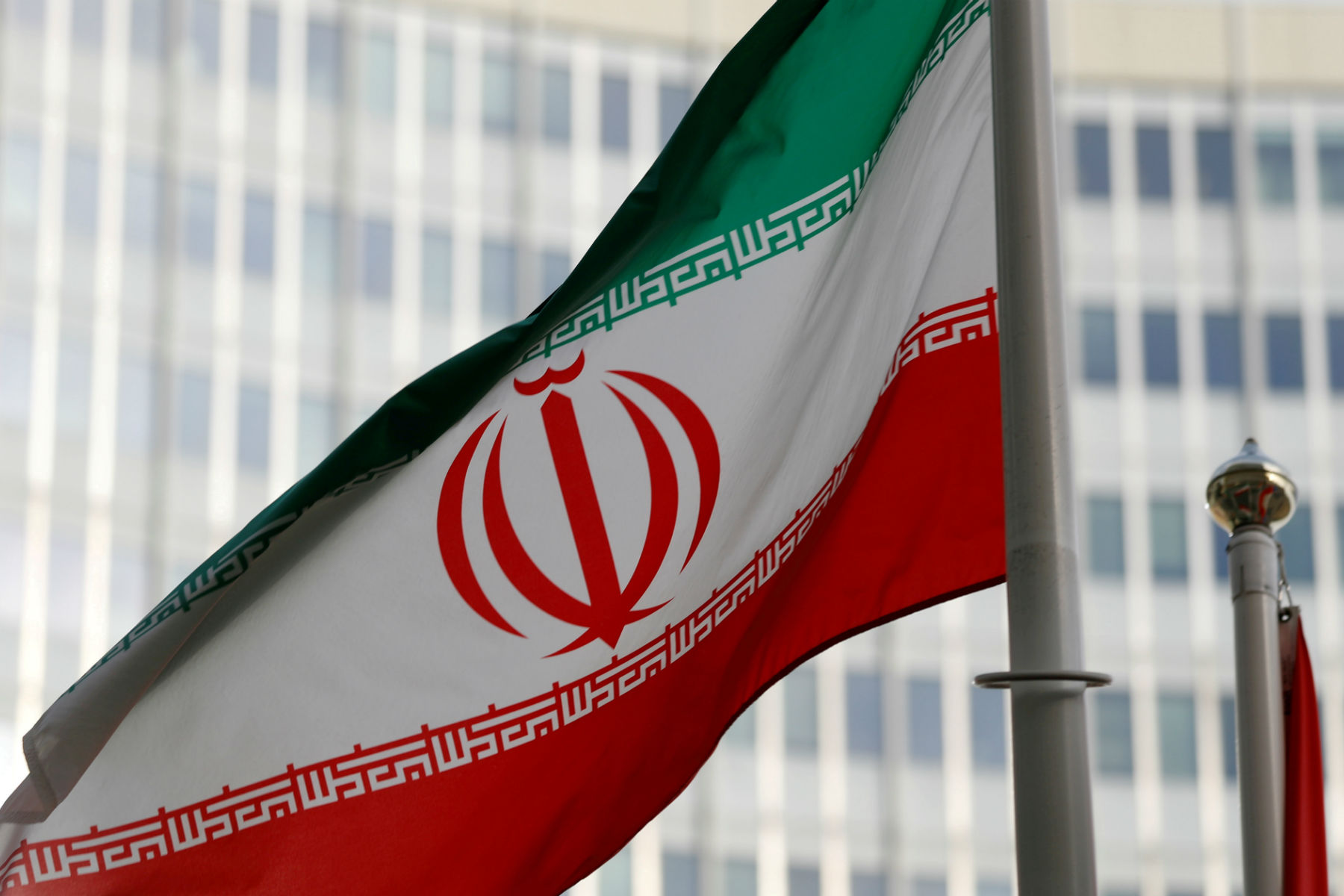On Chicago’s Morning Answer with Dan Proft and Amy Jacobson, former Pentagon official and Special Forces veteran Steve Bucci joined to discuss the Trump administration’s approach to preventing a nuclear Iran, ongoing border security measures, and the delicate diplomatic balancing act in Latin America and Eastern Europe.
In response to Secretary of Defense Pete Hegseth’s recent comments about the administration’s willingness to use military force if diplomacy fails, Bucci said the message was clear: “Trump is dead serious about stopping Iran from obtaining a nuclear weapon.” Bucci emphasized that while the preferred route is negotiation, the administration is prepared to go “big, deep, and far” militarily if Iran refuses to comply.
“It’s about effective negotiation,” Bucci said, “but if Iran crosses the line, this administration won’t hesitate to act, in stark contrast to the previous one.”
He noted that this strategy has potential to build a meaningful international coalition that includes Arab nations like Saudi Arabia, along with European partners. The key difference, according to Bucci, is that Trump is willing to lead such an effort rather than follow the cautious lead of the EU or the Arab League.
Switching focus to El Salvador’s controversial President Nayib Bukele, who visited the White House for meetings with Trump, Bucci acknowledged Bukele’s utility in addressing illegal immigration but cautioned against lionizing him. Despite being tough on gang violence, Bukele has welcomed Chinese investment under the Belt and Road Initiative and shown signs of autocratic behavior, raising red flags about his long-term reliability as a U.S. ally.
“Sometimes we have to deal with thugs,” Bucci said. “But let’s not pretend they’re liberal reformers. Bukele is not someone we’d tolerate under our own system.”
Bucci also welcomed the administration’s renewed efforts to reclaim influence over the Panama Canal, which has seen significant Chinese encroachment in recent years. Hegseth announced last week that the U.S. and Panama would work together to ensure the canal remains free from Chinese control, a move Bucci described as “hugely important” for national security.
“We allowed this to happen by being too passive,” Bucci said. “It’s time to reverse that.”
The discussion then turned to newly released documents revealing deeper details behind the Russian collusion investigation. Bucci criticized the intelligence community’s top brass for pushing a narrative that was “either feckless or complicit,” noting the involvement of high-ranking officials who continued using discredited sources like the Steele Dossier.
“The rank-and-file intel professionals weren’t the problem—it was the leadership,” he said. “If Trump gets a second term, the cleanup at the top must be surgical but decisive.”
On Ukraine, Bucci expressed skepticism about recent optimism from Trump regarding peace talks. Despite Zelensky’s overtures, including a public invitation for Trump to visit Ukraine during a 60 Minutes interview, Bucci characterized the move as “desperate” and unlikely to influence Trump’s approach.
“He’s not going to be pressured into action by media appearances,” Bucci said.
Finally, on the domestic front, Bucci praised the administration’s mobilization of military assets to address holes in the southern border’s infrastructure. Recent footage showed coordinated efforts by U.S. forces deploying helicopters and installing razor wire, aimed at stemming the flow of illegal crossings.
“It’s not a full seal yet, but it’s a dramatic improvement,” Bucci said. “This is a smart use of military logistics to support border security.”
As the Trump administration continues to push an aggressive foreign policy agenda while tightening domestic enforcement, Bucci’s message was clear: decisive leadership is returning to the forefront of American security policy—at home and abroad.





